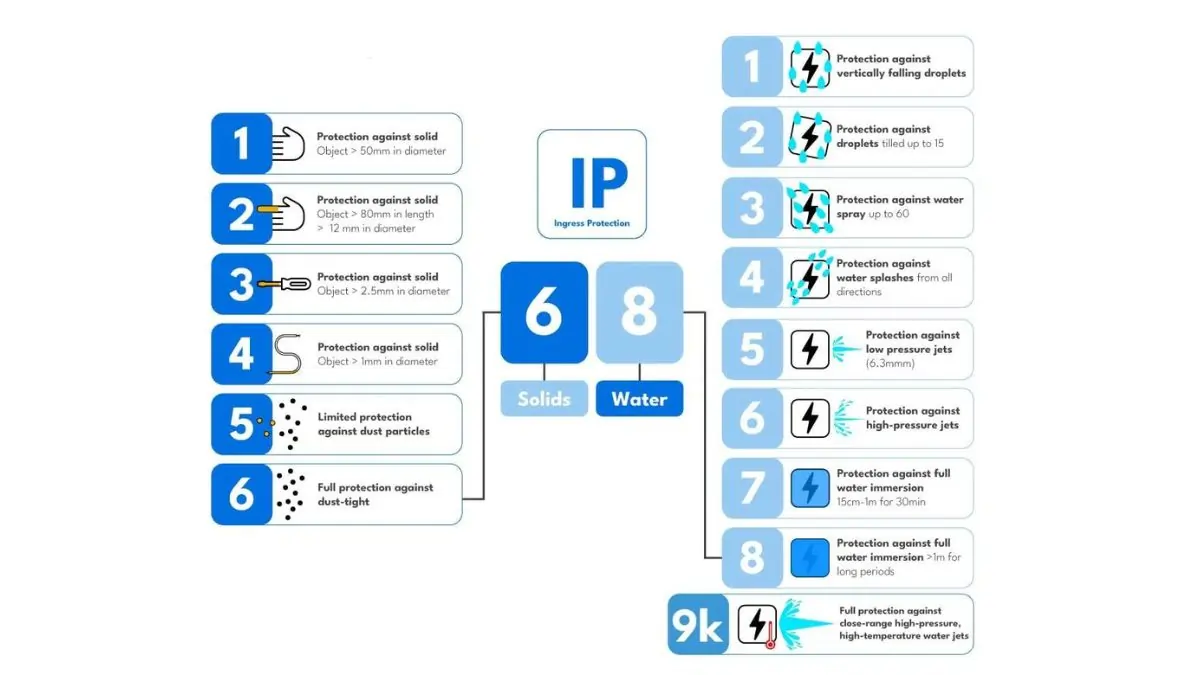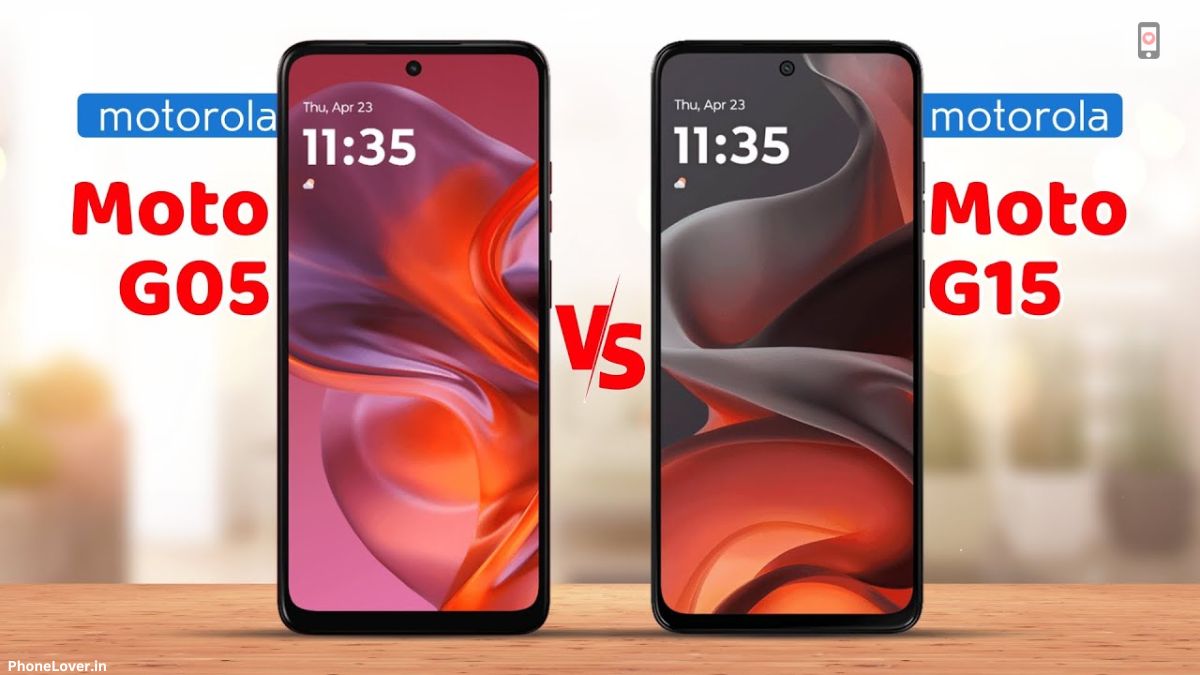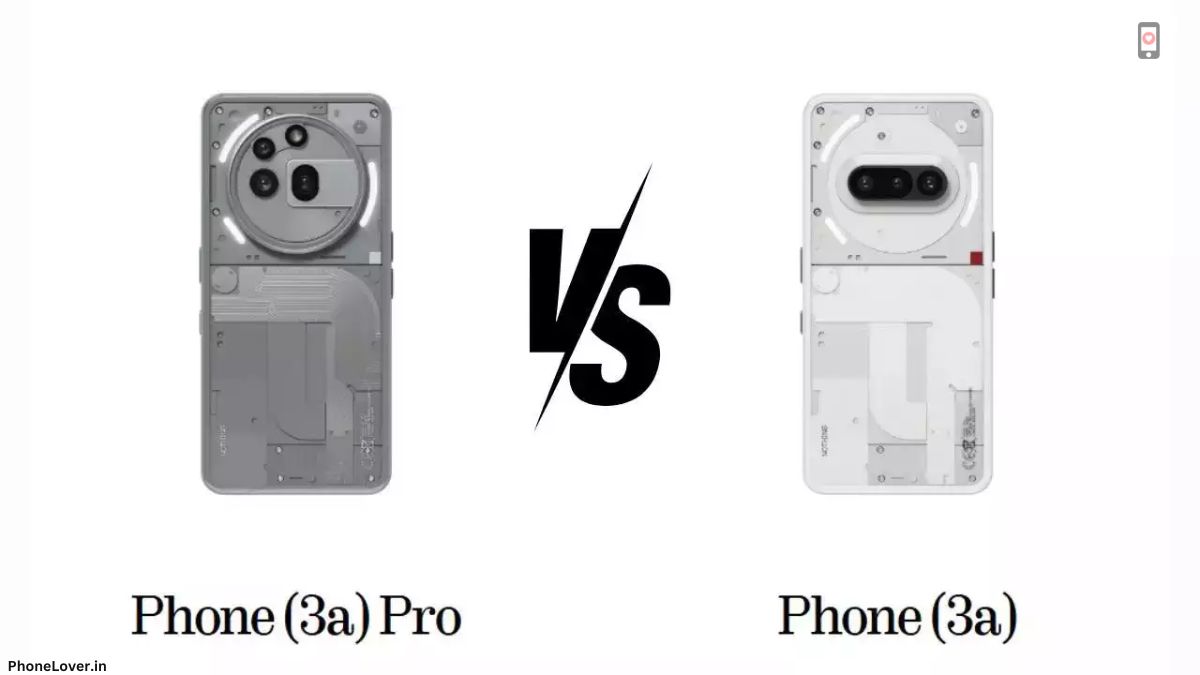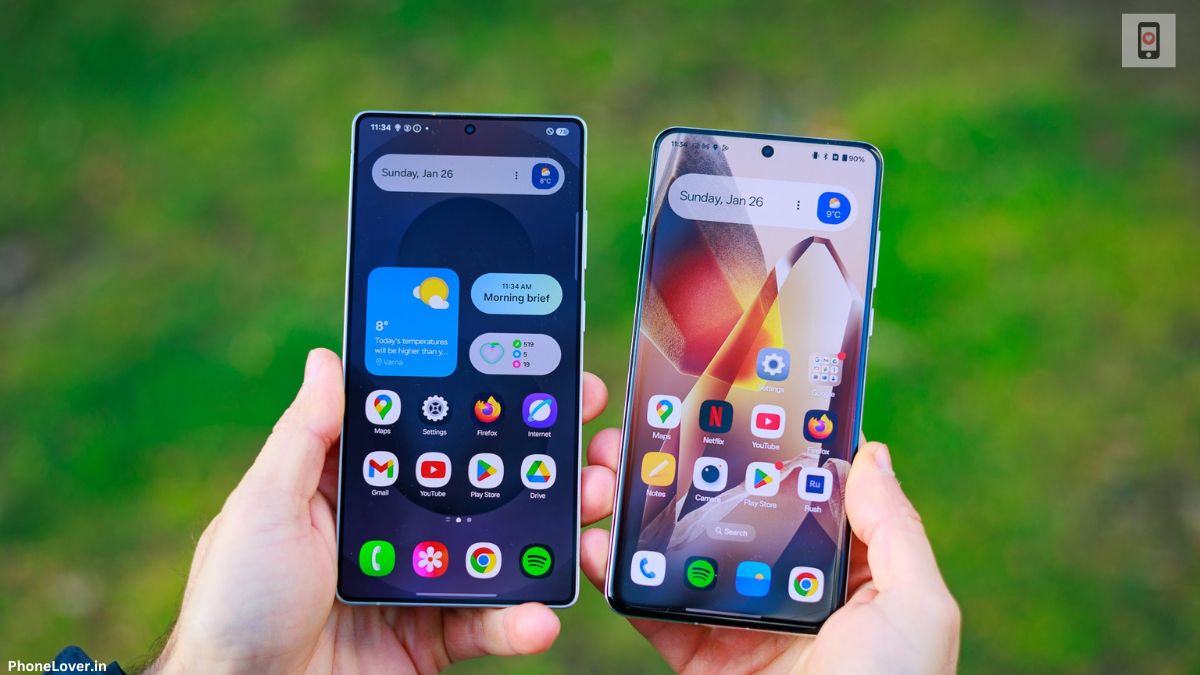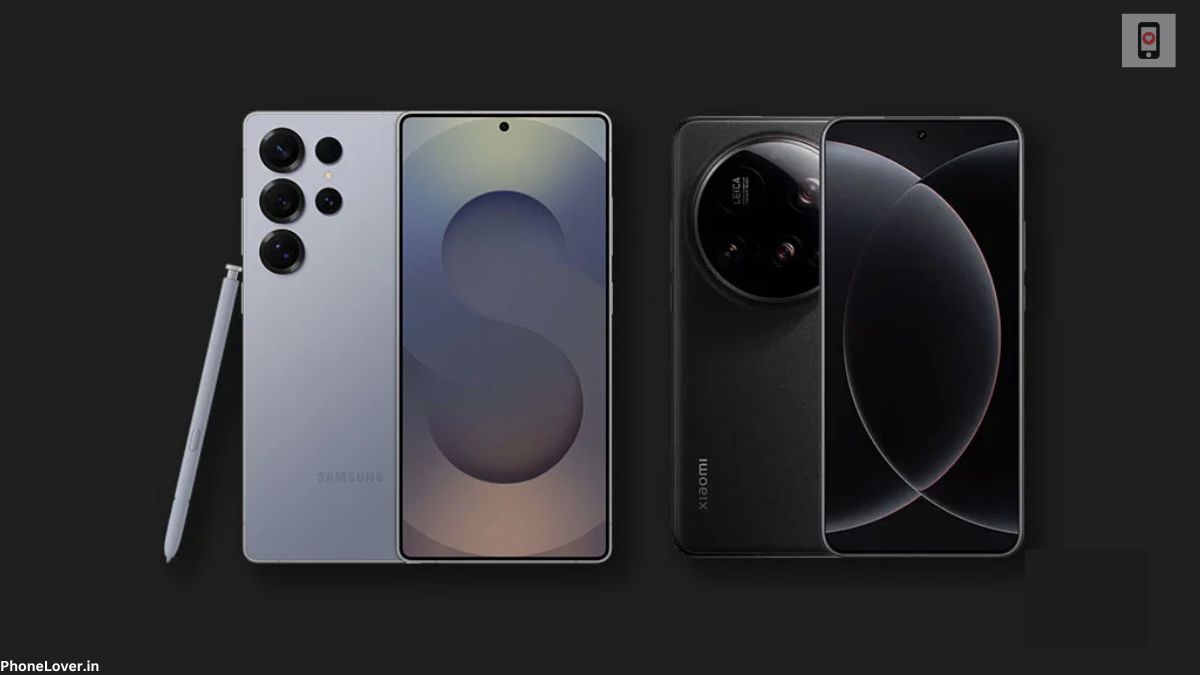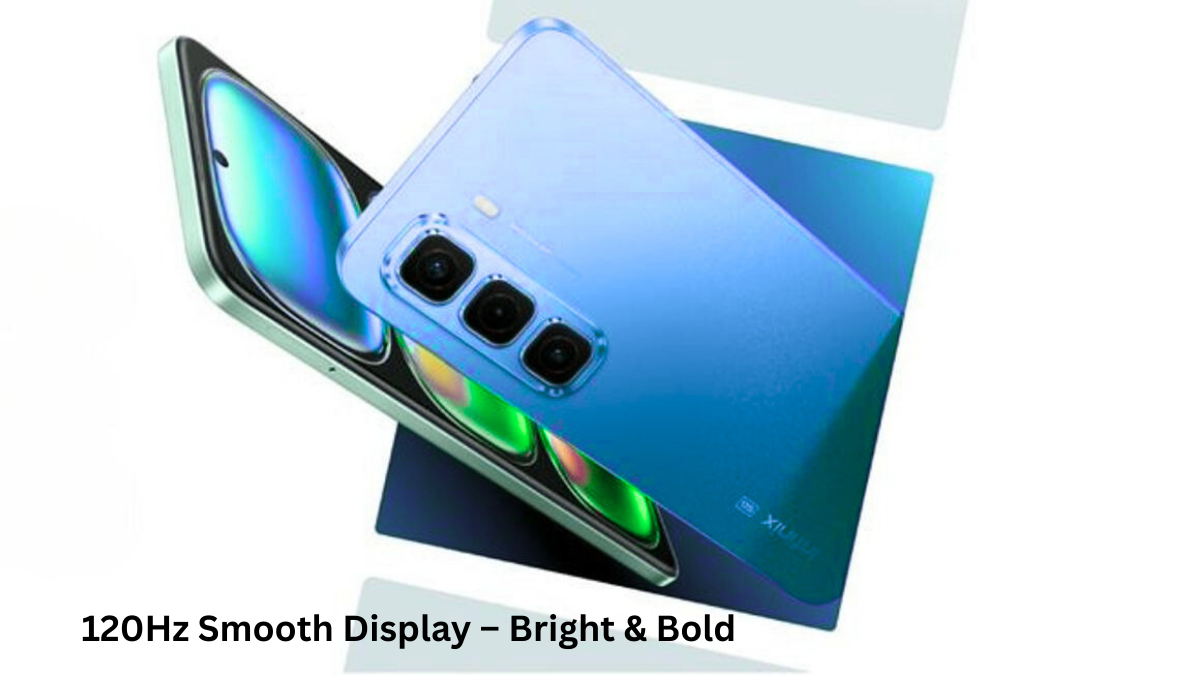When it comes to choosing the best smartphone or device, durability is often a top priority for consumers. That’s where IP ratings, specifically IP68 and IP69, come into play. But what exactly do these certifications mean, and how do they differ? Let’s dive into the details.
What Are IP Ratings?
IP ratings, or Ingress Protection Ratings, are a globally recognized standard defined by the International Electrotechnical Commission (IEC). These ratings indicate the level of protection an electronic device has against solids (like dust) and liquids (like water).
For instance, in the case of IP68:
- IP: Stands for Ingress Protection.
- 6: Refers to protection against dust (6 means complete protection).
- 8: Refers to protection against water, typically immersion beyond 1 meter.
IP68 Certification: What It Covers
Devices with IP68 certification, such as many high-end smartphones, are designed to handle:
- Dustproof: Total protection against dust particles.
- Water Resistance: Immersion in up to 1.5 meters of water for up to 30 minutes.
This makes IP68-rated devices ideal for everyday use, even in challenging environments like beaches or rainy weather.
IP69 Certification: Going the Extra Mile
IP69 is the next level of durability, offering additional protection:
- High-Pressure Water Jets: Devices can withstand water jets from any direction at high pressure.
- Extreme Conditions: Designed for industrial and rugged environments, like construction sites or outdoor adventures.
IP69-rated devices are perfect for those who demand ultimate toughness, such as hikers, travelers, or professionals in harsh environments.
Key Differences Between IP68 and IP69
| Feature | IP68 | IP69 |
|---|---|---|
| Dust Protection | Full dust protection | Full dust protection |
| Water Immersion | Up to 1.5 meters for 30 minutes | Similar immersion resistance |
| Pressure Resistance | Not designed for high-pressure jets | Can withstand high-pressure water jets |
| Target Audience | General users | Extreme users/industrial use |
Why Should You Care About These Certifications?
Understanding these ratings ensures you pick the right device for your needs. For example:
- Casual Users: IP68 is typically sufficient for everyday activities.
- Outdoor Enthusiasts: IP69 is essential if you’re frequently exposed to rugged conditions.
Devices with IP68 and IP69 Ratings
While IP68 certification is common among flagship smartphones, IP69 is mostly found in rugged devices or specific industrial-grade electronics.
If you’re interested in a device that offers excellent durability, check out the Realme 14 Pro price in India, which balances performance and innovation beautifully.
How Do These Certifications Impact Device Pricing?
IP69-rated devices often come at a premium due to the additional engineering required to meet stringent testing standards. However, investing in such devices can save you from costly repairs down the line.
Final Thoughts
While both IP68 and IP69 certifications provide excellent durability, choosing between them depends on your specific needs. If you’re looking for a reliable smartphone for daily use, an IP68-certified device will serve you well. But if you’re frequently in extreme conditions, IP69 is the way to go.
Make an informed decision and ensure your device is equipped to handle the challenges of your lifestyle!
For more insights on device reviews, visit Phone Lover.
